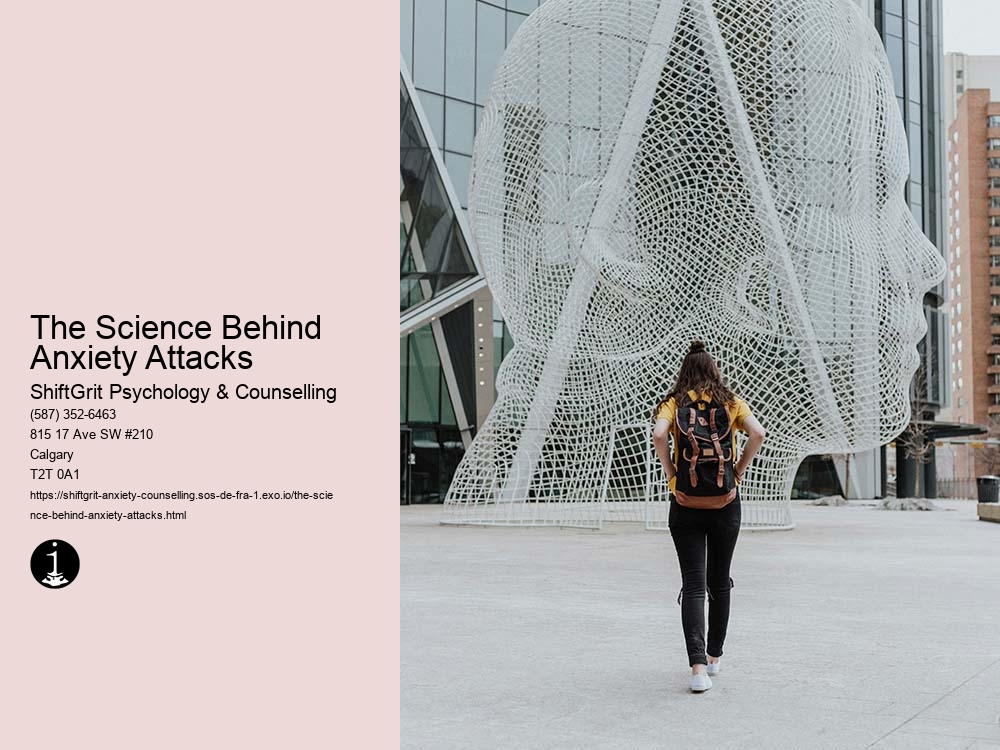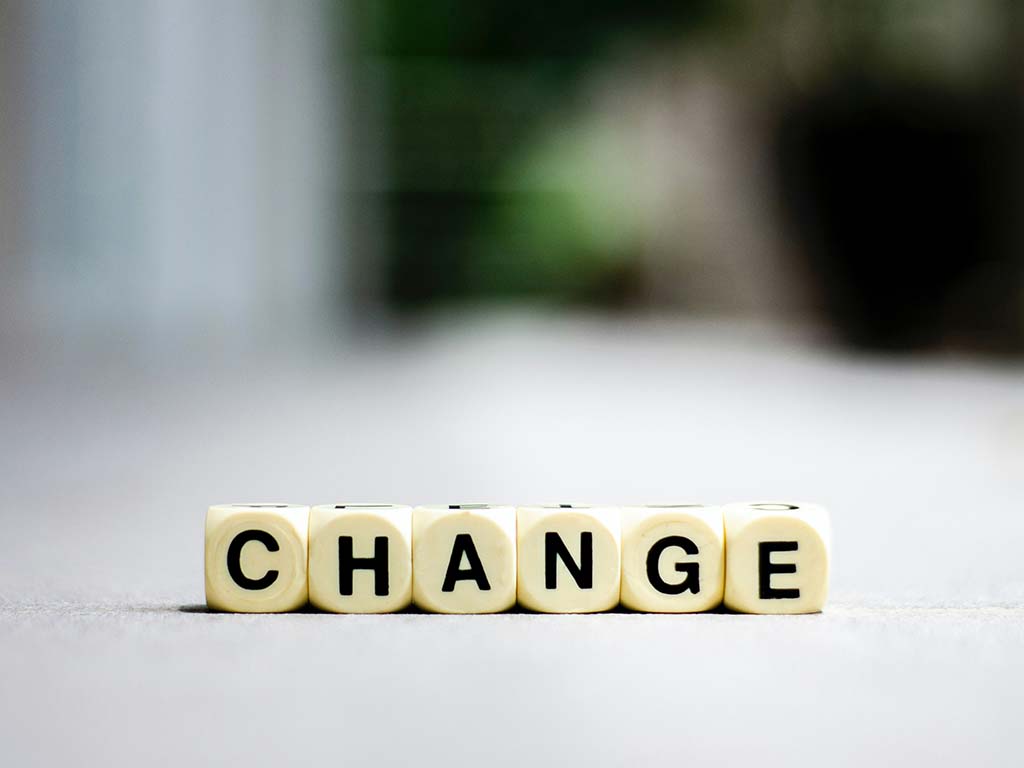Anxiety attack are sudden periods of intense fear and pain that might consist of palpitations, otherwise specified as a rapid, irregular heartbeat, sweating, upper body discomfort or pain, shortness of breath, trembling, wooziness, tingling, confusion, or a feeling of approaching ruin or loss of control. Usually, these symptoms are the worst within ten minutes of beginning and can last for approximately 30 minutes, though they can vary anywhere from seconds to hours. While they can be exceptionally upsetting, anxiety attack themselves are not physically hazardous. The Diagnostic and Statistical Manual of Mental Disorders, 5th Version (DSM-5) defines them as "an abrupt surge of extreme anxiety or extreme pain that gets to a peak within mins and during which time 4 or more of the following symptoms happen." These symptoms consist of, however are not limited to, the ones stated above. Anxiety attack operate as a pen for assessing severity, program, and comorbidity (the synchronised visibility of 2 or even more diagnoses) of different problems, including stress and anxiety problems. Thus, anxiety attack can be put on all conditions located in the DSM. Panic attacks can be brought on by a recognizable resource, or they may happen without any warning and without a specific, recognizable situation. Some well-known causes that boost the danger of having an anxiety attack consist of medical and psychiatric problems (e. g., panic disorder, social anxiousness condition, trauma, compound use problem, anxiety), materials (e. g., pure nicotine, caffeine), and emotional anxiety. Before making a medical diagnosis, doctors seek to remove various other conditions that can create comparable symptoms, such as hyperthyroidism (an over active thyroid), hyperparathyroidism (an overactive parathyroid), heart disease, lung disease, and dysautonomia, condition of the system that manages the body's uncontrolled processes. Therapy of panic attacks must be directed at the underlying cause. In those with frequent assaults, counseling or drugs may be used, as both preventative and abortive actions, ones that quit the strike while it is happening. Taking a breath training and muscular tissue relaxation strategies might likewise work. Anxiety attack often show up frightening to both those experiencing and those witnessing them, and frequently, people tend to think they are having cardiac arrest due to the signs and symptoms. Nevertheless, they do not trigger any genuine physical injury. Previous studies have recommended that those that deal with anxiety-related problems (e. g., panic attack) are at higher threat of suicide. In Europe, about 3% of the population has a panic attack in a provided year, while in the United States, they influence regarding 11%. Anxiety attack are more common in ladies than males and commonly start during the age of puberty or very early the adult years. Children and older adults are less frequently affected.
.



